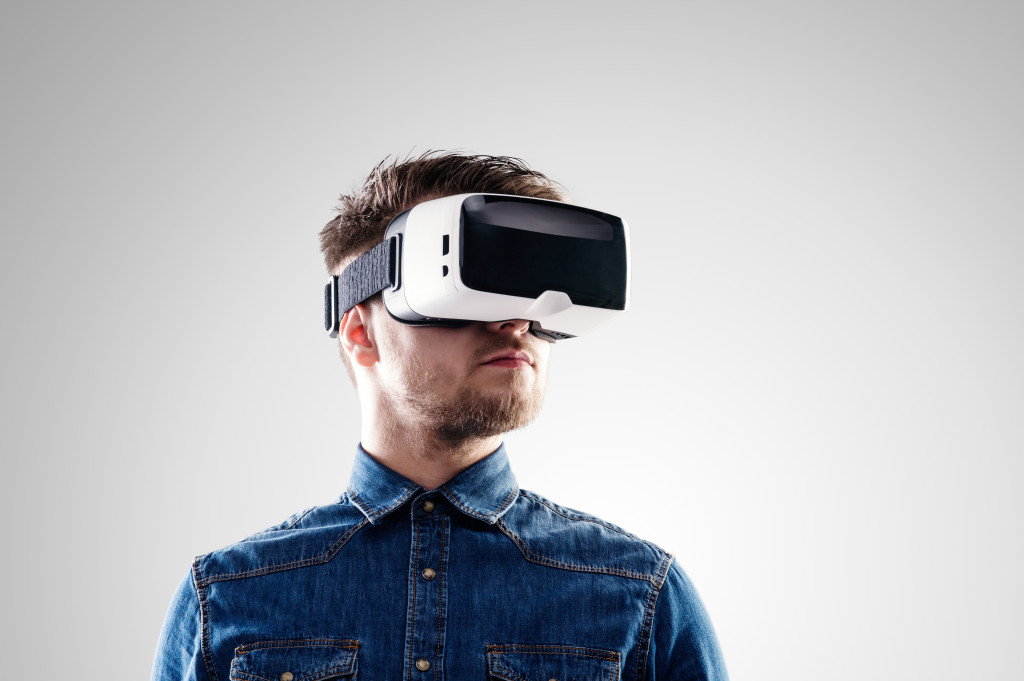Disclaimer: This website provides health information for educational purposes only and is not a substitute for professional medical advice, diagnosis, or treatment. Always seek the guidance of a qualified healthcare provider with any questions you may have.
The pharmaceutical industry is a multi-billion dollar industry considered one of the most profitable industries in the United States. The industry grows every year as new drugs come on the market and old ones become generic.
That rapid growth has led some people to question whether it’s sustainable or if there are too many players in this very competitive field with no clear winners emerging just yet. One thing they all agree on though is that innovation is key to continued success for pharmaceutical companies.
Innovation can be difficult in any business to keep up with, but companies must stay ahead of the curve when it comes to drug development. The regulatory landscape is constantly changing, and new technologies are emerging that can help or hinder a company’s ability to get its products to market quickly and efficiently.
Uses of Technology in the Pharmaceutical Industry
The pharmaceutical industry is heavily reliant on technology and its advancements. Here are some examples.
1. Manufacturing
Pharmaceutical companies use industrial pipe valves in various ways to help them manufacture their products. Some of the most common applications include regulating and controlling the flow of liquids and gases and isolating sections of piping to prevent contamination. Additionally, pipe valves are also used for measuring and metering the output from various production processes. By using these valves, pharmaceutical companies can ensure that their products are of the highest quality and are produced in a safe and efficient manner.
2. Robotics
Robotics is playing an increasingly important role in the pharmaceutical industry, particularly drug manufacturing. Robots can work around the clock and can be programmed to perform highly delicate tasks, such as assembling tiny parts or measuring tiny quantities of powders or liquids. By using robots, pharmaceutical companies can increase their production capacity and improve the accuracy of their products.
3. 3D Printing
3D printing is another technology used more and more in the pharmaceutical industry. It can create prototypes of new drugs or to manufacture small quantities of drugs for clinical trials. Additionally, 3D printing can create custom-made products, such as implants or prosthetics.
4. Cloud Computing
Cloud computing is being used more and more in the pharmaceutical industry for data storage and analysis. It allows for quick and easy access to data from anywhere globally, which is essential for researchers who are often working on projects with colleagues located in different countries.
5. Artificial Intelligence
Artificial intelligence (AI) is used in several ways in the pharmaceutical industry. One example is its use in drug discovery, where companies can use AI to screen vast numbers of potential new drugs faster than ever before.
Additionally, AI is being used to develop personalized treatments for patients based on their individual genetic makeup. That is known as precision medicine, and it has the potential to transform the way we treat diseases.
AI is also being used to create digital assistants that can help pharmacists dispense drugs more quickly and accurately. These assistants are able to access a patient’s medical records and make sure that they are taking the correct medication at the correct dosage.
In the future, AI may also be used to develop robots that can deliver drugs directly to patients’ homes.
6. Blockchain
Blockchain is a distributed database that allows for secure, tamper-proof record-keeping. That makes it ideal for use in the pharmaceutical industry, where it can be used to track drugs through the supply chain from manufacture to patient. Companies can also use blockchain to store patient medical records and keep track of clinical trials.
7. Virtual Reality
Virtual reality (VR) is used in several ways in the pharmaceutical industry. One example is its use in medical training, where VR can provide realistic simulations of surgical procedures or other medical procedures.
Additionally, VR is being used to develop new drugs and treatments by allowing researchers to experiment with molecules in a virtual environment before their creation in the real world. That can save a lot of time and money, as it can help identify potential problems with new drugs before they are made.

8. Internet of Things
The internet of things (IoT) is a network of physical objects connected to the internet and can share data. IoT-connected devices track drugs through the supply chain and monitor patients’ drug use in the pharmaceutical industry.
For example, sensors attached to drugs packaging can send an alert if the package is opened or tampered with. That can help ensure that patients are taking their medication as prescribed and that the drugs they are taking are safe.
Innovation Saves Lives
The pharmaceutical industry is constantly evolving and using new technologies to improve the accuracy and speed of its production. These technologies include 3D printing, cloud computing, artificial intelligence, blockchain, virtual reality, and the internet of things. Each of these has the potential to save lives by improving the quality of drugs or medical procedures. It is exciting to see what new technologies will be used in the future to help improve human health.

